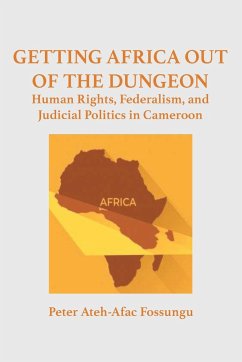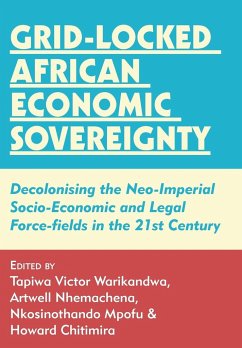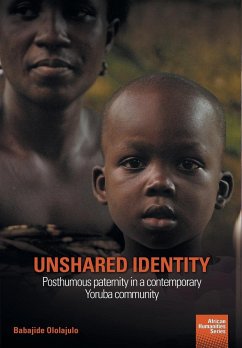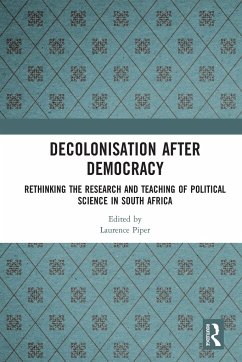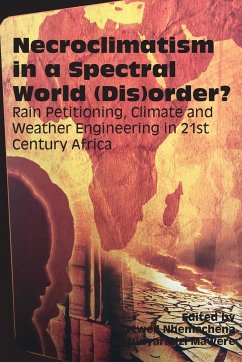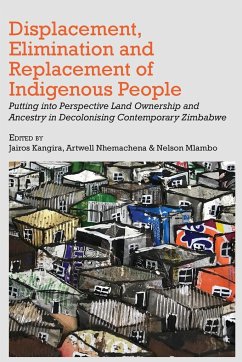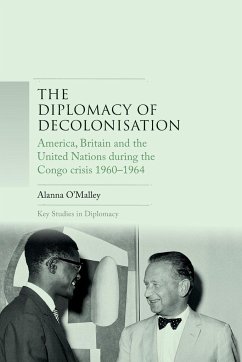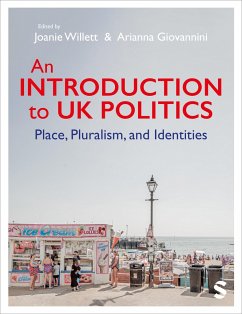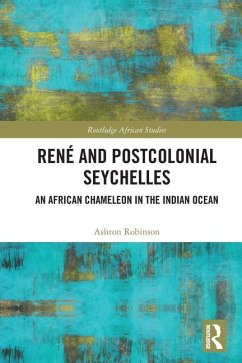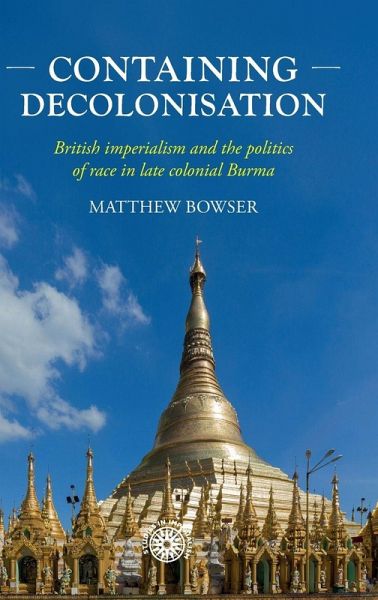
Containing decolonisation
British imperialism and the politics of race in late colonial Burma

PAYBACK Punkte
56 °P sammeln!
This book examines the relationship of imperialism and ethnonationalism. Through a case study of colonial Burma, it finds that British imperialists amplified ethnonationalism to protect their interests after decolonisation. This preference helped Burmese ethnonationalists to seize power in the post-colony, to the detriment of the country's people.




